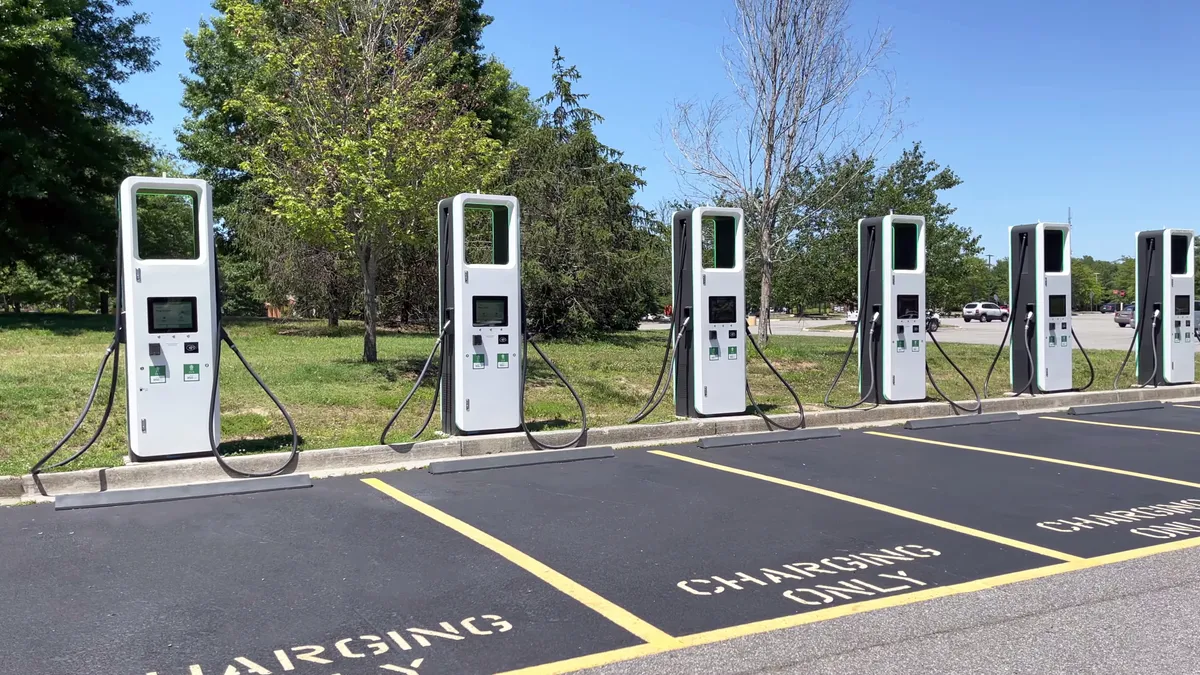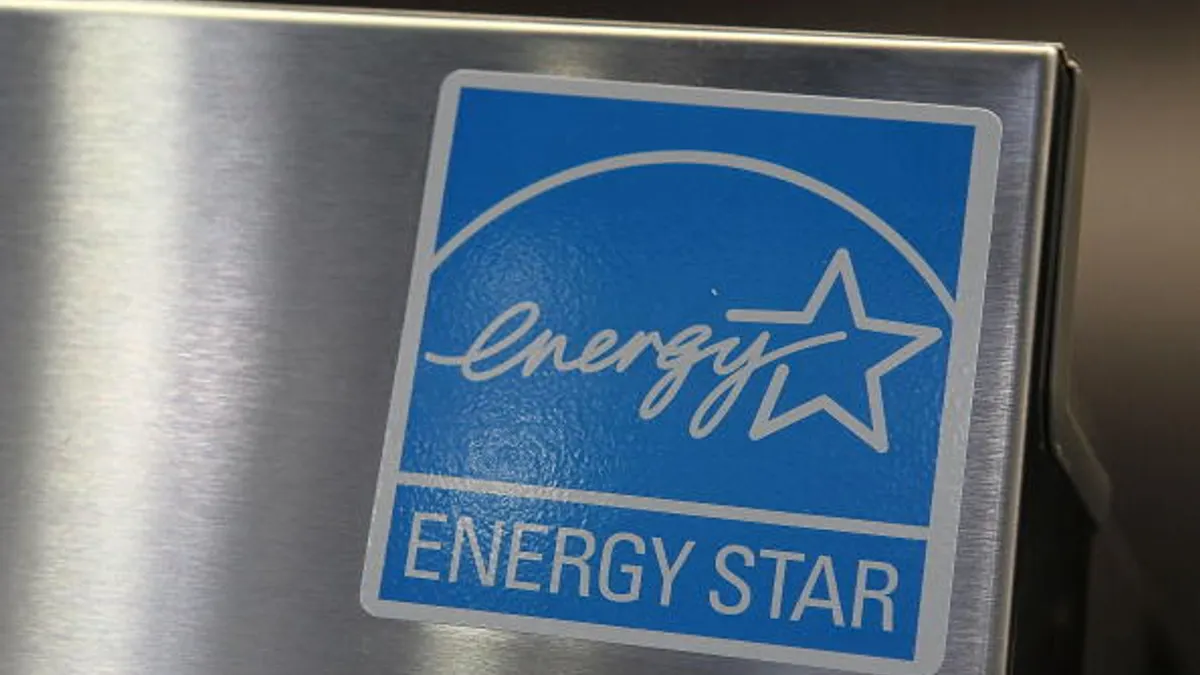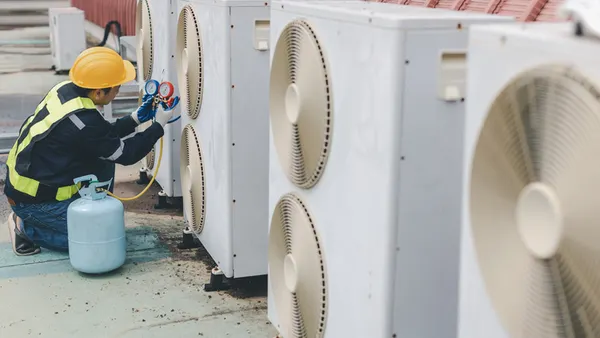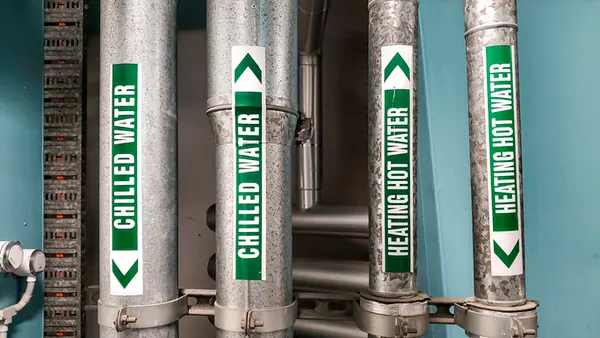Dive Brief:
- The Federal Highway Administration has approved plans to build out a vast electric charging station network for all 50 states plus the District of Columbia and Puerto Rico, the agency announced yesterday.
- The National Electric Vehicle Infrastructure formula program created through the bipartisan infrastructure law last year provides $5 billion to states over five years to build EV charging stations every 50 miles along the federal highway system.
- The FHWA’s approval unlocks $1.5 billion in NEVI funds through fiscal years 2022 and 2023, allowing the build-out of chargers covering about 75,000 miles of highway, the agency stated Tuesday.
Dive Insight:
The FHWA stated earlier this month that it had approved plans for 35 states and the District of Columbia. Tuesday’s announcement unlocks the NEVI money for the remaining states and territories. The administration is still working on establishing ground rules for how the formula funds can be spent.
Through the NEVI program, the Biden administration is trying to ease range anxiety during long driving trips to facilitate the mass adoption of EVs throughout rural and urban areas of the U.S. The transition to emission-free vehicles would help the administration reach its goal of reducing greenhouse gas emissions in the U.S. by 50% below 2005 levels by 2030.
Transportation Secretary Pete Buttigieg, in a statement, said the EV charging network under the program will position both large cities and small rural communities “to unlock the savings and benefits of electric vehicles.”
“America led the original automotive revolution in the last century, and today, thanks to the historic resources in the President’s Bipartisan Infrastructure Law, we’re poised to lead in the 21st century with electric vehicles,” Buttigieg stated.
Some states in their plans raised concerns about the charging station rollout, saying their power grid may not have the capacity to accommodate the growing demand for EVs now or in the future. Some states also raised concerns related to EV supply chain challenges and the 20% of the charging station build-out costs that the federal grant program does not cover.
The transition to EVs will help the U.S. end its dependence on oil for transportation, improve energy security, reduce air pollution and provide economic benefits, said Ben Prochazka, executive director of the Electrification Coalition, in a statement on Tuesday.
“We are excited that all 52 jurisdictions now have an approved plan that will help build out the nation’s electric vehicle charging backbone,” Prochazka said. “As more EVs hit the road, the NEVI program will ensure a consistent, safe, and accessible charging experience along highway corridors across the country.”
Correction: This story has been updated to accurately reflect the amount of money unlocked in NEVI funds.















